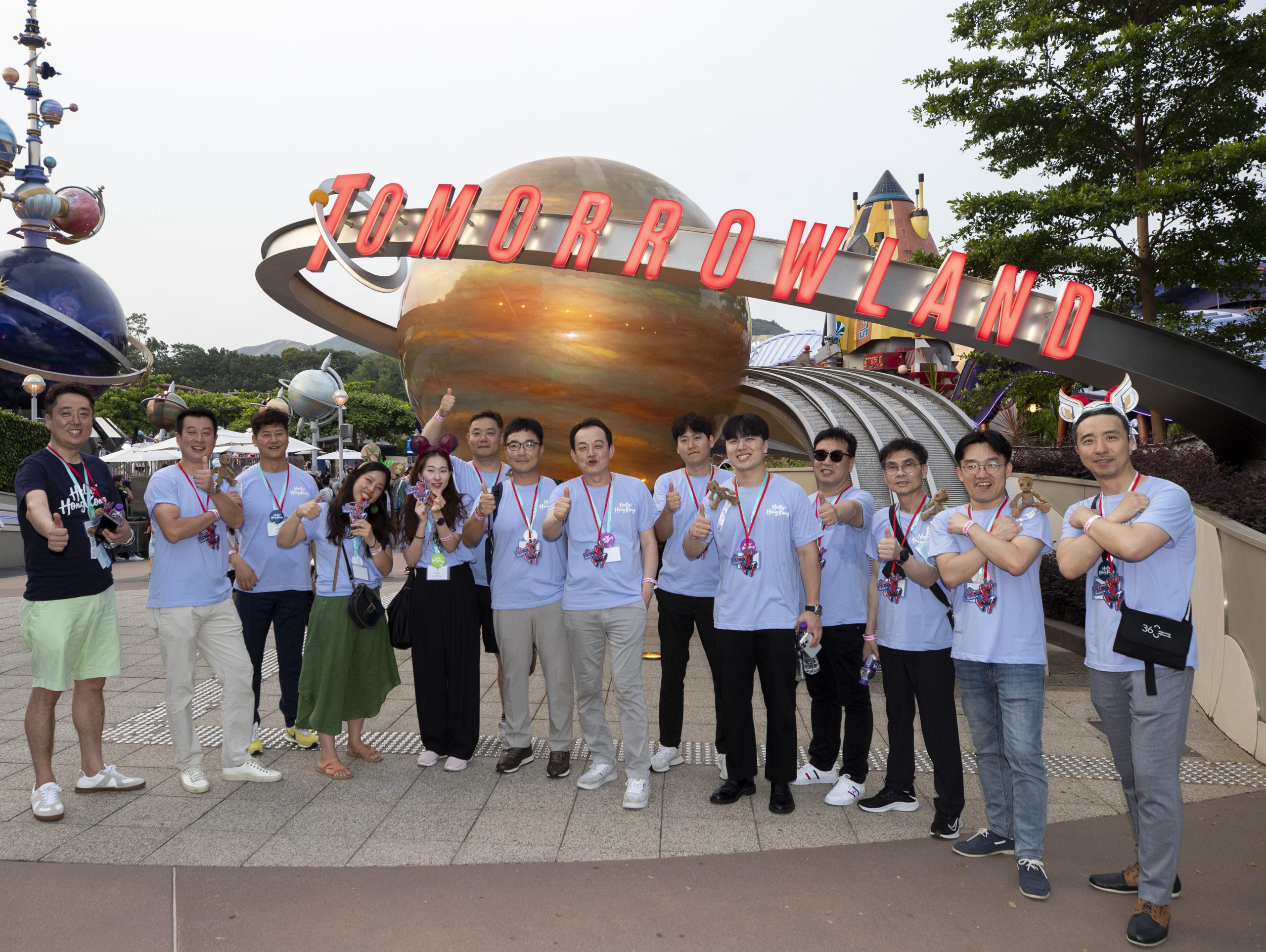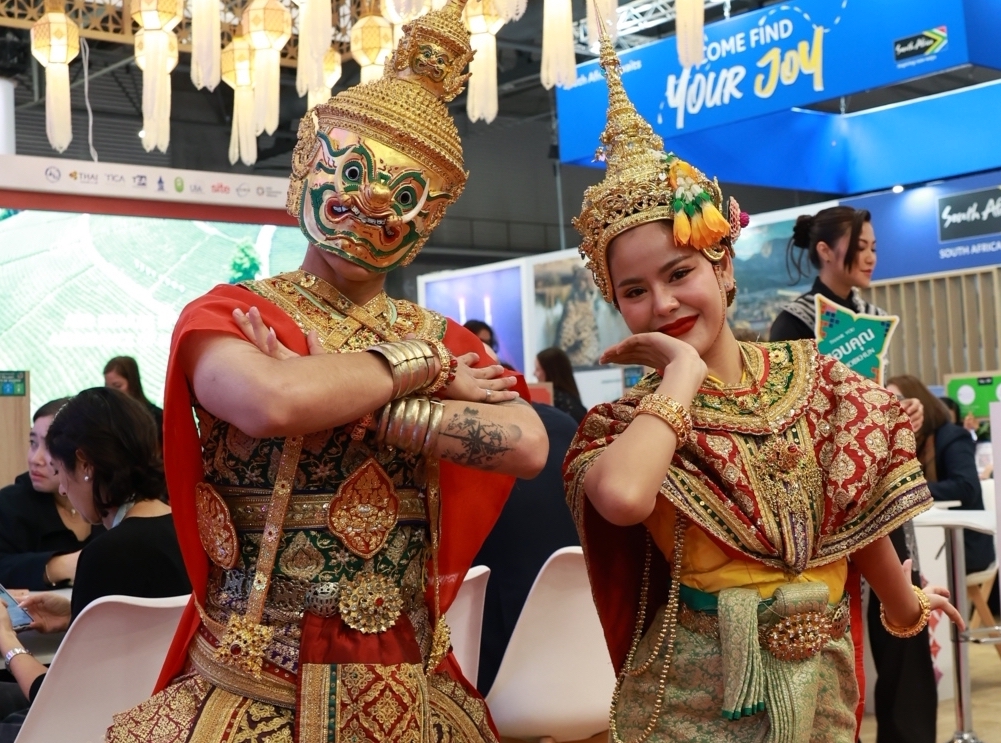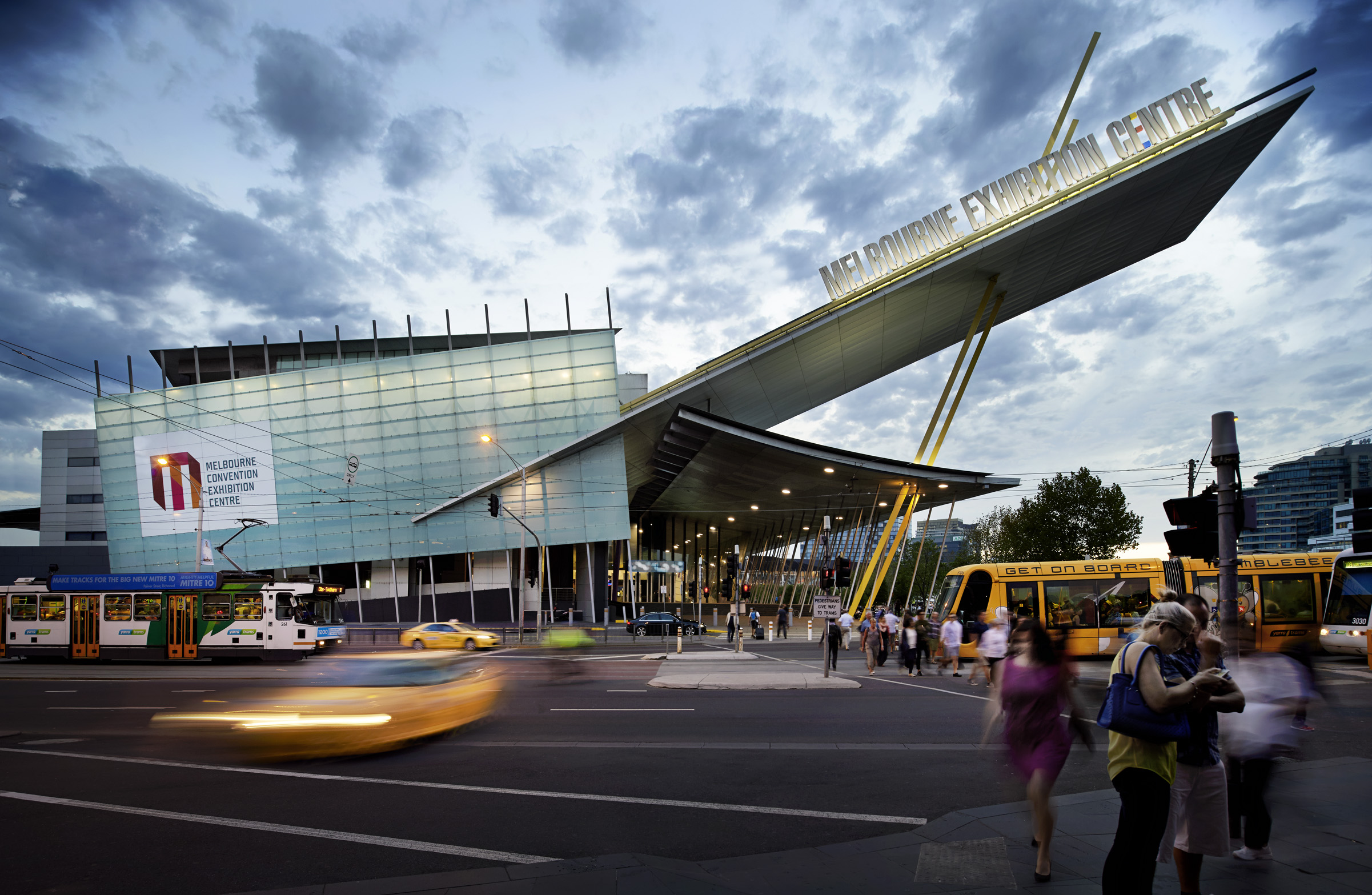Event: 12th ASEAN Summit and Leaders’ Retreat
Clients: Head of states and delegates from 10 ASEAN countries plus six dialogue partners
Venue: Shangri-La’s Mactan Resort & Spa
Organisers: Philippine National Organising Committee (NOC) and Shangri-La management

As every international conference and meeting planner knows, security is a topic that has sadly moved to the top of everyone’s “must-get-right” checklist.
Early this year, the Philippine island of Cebu hosted a major international gathering for Southeast Asian national leaders and both the island and the chosen venues implemented stringent precautions to prevent possible terrorist attack or disruption.
The ASEAN summit was considered a major test for the Philippines, which has a number of regional armed conflicts and has earned an unwelcome reputation for political instability.
It was also bound to provide a huge challenge for the management and staff of the Shangri-La’s Mactan Resort and Spa, with the enquiring eyes of the world’s media upon the meeting.
In the end, their steady professionalism made a major contribution to an event that did much to restore confidence in the country and also provided a welcome morale boost to the Philippines’ hard-pressed conference and meetings industry.
Hosted by Philippine president Gloria Macapagal Arroyo, nine other heads of state and government from Brunei, Cambodia, Indonesia, Laos, Malaysia, Myanmar, Singapore, Thailand and Vietnam met in the Shangri-La Mactan for meetings and for signing various multilateral agreements.
Sharon Samarista, director of communications at the resort, explains the painstaking efforts the hotel made: “Security measures included registration and background checks of all 800 employees; strict usage of ASEAN Summit IDs at all times within the hotel premises, issuance of special passes to suppliers, contractual and maintenance personnel, and close monitoring of movements of leaders and their respective delegations via the CCTV video tracking system within the hotel.”
Additionally, the regular guest parking area was vacated and used exclusively for the heads of state, foreign and senior ministers, and their assigned security convoys.
Bag-scanning machines and walk-through metal detectors were installed at the main lobby of the hotel, staff entrance and loading bay. A memorandum was even issued to suppliers to deliver food items from midnight to 5am only to ensure that only the freshest ingredients were used for the day’s meals.
Liaison between the hotel and other bodies was essential, Samarista says.
Shangri-La’s Mactan Resort and Spa security department closely coordinated with the Presidential Security Group (PSG) of the Office of the President, Philippine National Police, the Armed Forces of the Philippines and its branches such as the Philippine army, navy and air force.
“The security team installed metal detectors and bag-scanning machines at the main lobby,” says Samarista. “Cameras and CCTV video-tracking systems were in place to monitor all movements. Security personnel were stationed at every block of the 13-hectare resort property. Staff from the PSG monitored all areas within the property, each guest floor, restaurant, function room, ballroom, access roads and facilities,” she says.
Aside from the security personnel, hotel management also employed K9 sniffer dogs to detect any possible explosive devices.
Inevitably, normal day-to-day activities and procedures had to be modified for the period of the summit.
At back of house, all regular staff, contractual and suppliers wore ASEAN Summit IDs at all times within the resort premises. ASEAN vehicle passes were displayed prominently on the windshield of staff and suppliers’ vehicles. These IDs and passes were reviewed and approved by the National Organising Committee (NOC) of the Philippine government.
Staff had to submit a formal request to the NOC for permission to enter and exit the premises, as well as register all pertinent information.
All ongoing work projects involving construction or contractors were halted to prepare for the five-day Summit activities.
But the effort was worth it and the experience provides something of a model for others to learn from.
Samarista says: “Thankfully, there was no direct or indirect threat to disrupt any of the activities. Certainly, there were several last-minute changes such as some meeting schedules of heads of states, or some road closures due to leaders’ convoys heading in and out of the hotel property to the Cebu International Convention Center. However, overall, the 12th ASEAN Summit went very smoothly due to close coordination and teamwork from all levels.” N
WHO WAS WATCHING
Regular hotel security staff 17
Contracted security staff 120
Philippine National Police officers 5,000
Presidential Security Group personnel 200
WHO WAS THERE
Philippine President Gloria Macapagal Arroyo, Sultan Haji Hassanal Bolkiah of Brunei, Prime Minister Hun Sen of Cambodia, President Susilo Bambang Yudhoyono of Indonesia, Prime Minister Bouasone Bouphavanh of Laos, Prime Minister Dato Seri Abdullah Ahmad Badawi of Malaysia, Prime Minister General Soe Win of Myanmar, Prime Minister Lee Hsien Loong of Singapore, Prime Minister Lt. Gen. Surayud Chulanont of Thailand and Prime Minister Nguyen Tan Dung of Vietnam; together with ASEAN dialogue partners: Premier Wen Jiabao of the People’s Republic of China, Prime Minister Shinzo Abe of Japan and President Roh Moo-hyun of the Republic of Korea.


